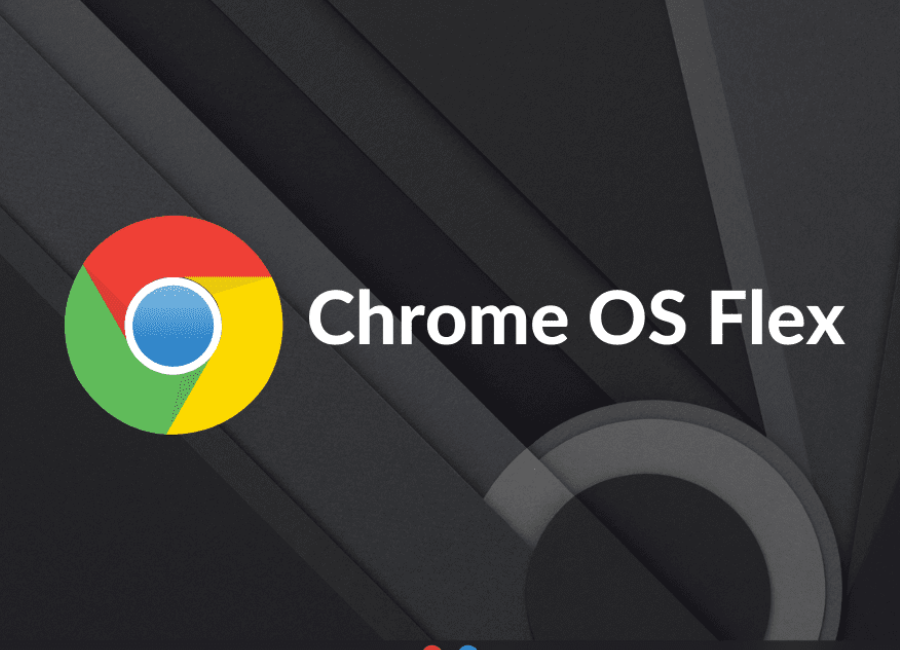Google may be in the process of developing ChromeOS Flex to be installed on Chromebooks that have reached their end-of-life support. Previously, Google had confirmed that Chromebooks would receive up to 10 years of software support starting from the next year. But now, the company appears to be working on making it possible to install ChromeOS Flex on older Chromebooks that have reached the end of their support life. This development could potentially extend the useful life of these devices, similar to how unsupported PCs and Macs can be used for longer periods.
Recent reports from Chrome Unboxed have unveiled a Chromium Gerrit commit that references a “Flexor” tag. This commit is recent and suggests that a full operating system is being developed for Chromebooks. The description of the commit mentions the addition of a thirteenth partition on the disk, which would shrink the stateful partition and introduce a new one. Additionally, the commit contains phrases like “Start flex-ing” and specifies that the new partition should be 10GB in size, indicating that this is likely the development of ChromeOS Flex.
While it is already possible to run ChromeOS Flex on Chromebooks, the process is not without risks or challenges. ChromeOS Flex currently lacks certain features and official support for Chromebooks, making the installation process less straightforward. The development of ChromeOS Flex for Chromebooks could potentially eliminate these hurdles, creating a more user-friendly experience for unsupported ChromeOS devices.
However, it’s important to note that ChromeOS Flex does not support the Google Play Store, which may be a drawback for users who rely on Android apps on their Chromebooks. Whether or not Google plans to add Play Store support in the future remains to be seen, as ChromeOS Flex is still in its early development stages. The project’s progress and potential changes to the installation process will be worth monitoring as it evolves.






